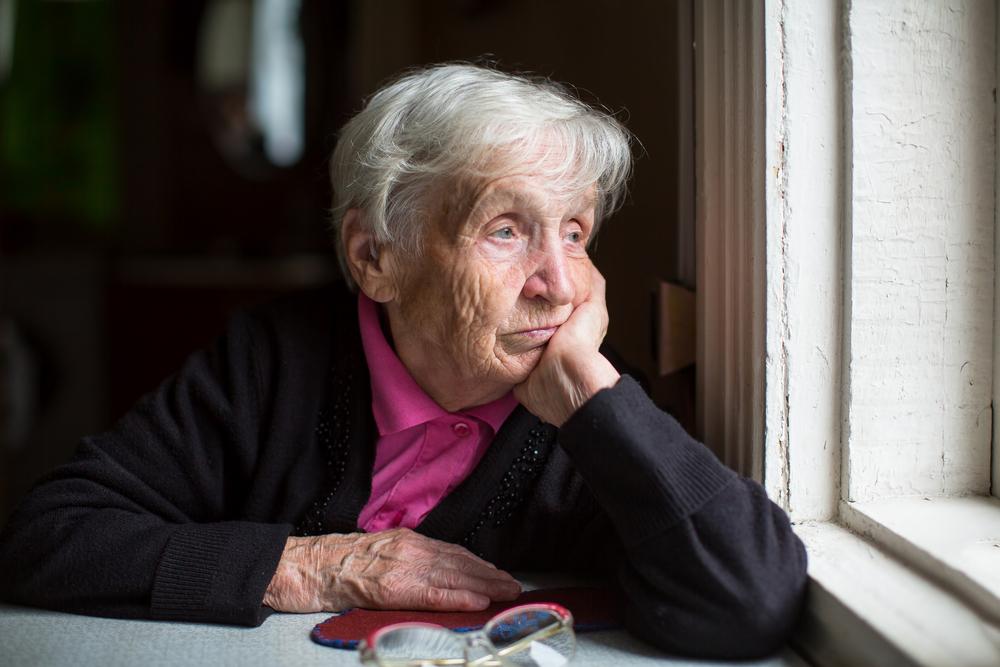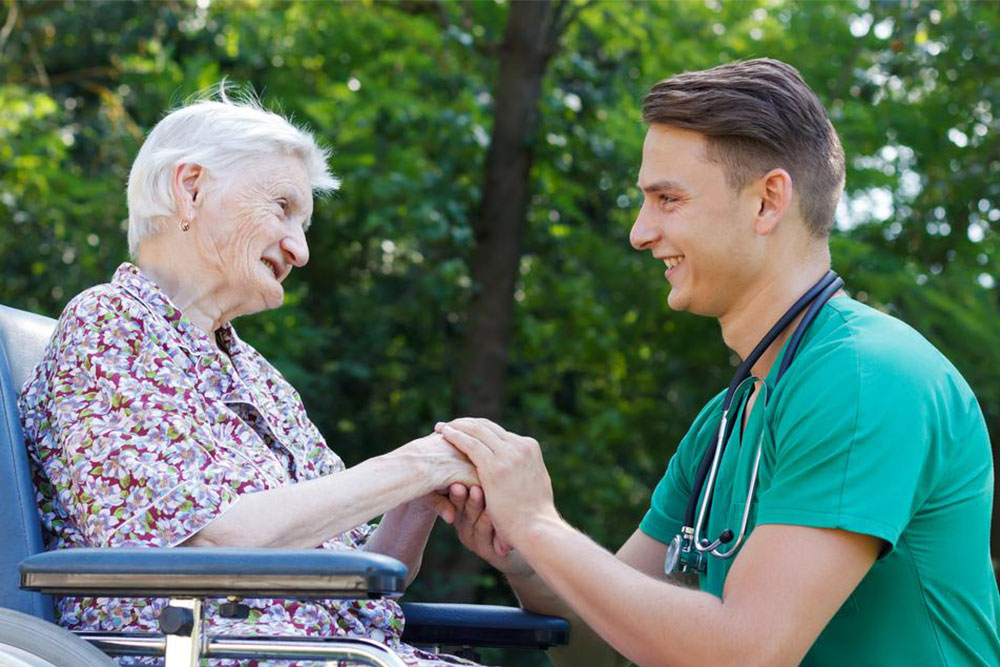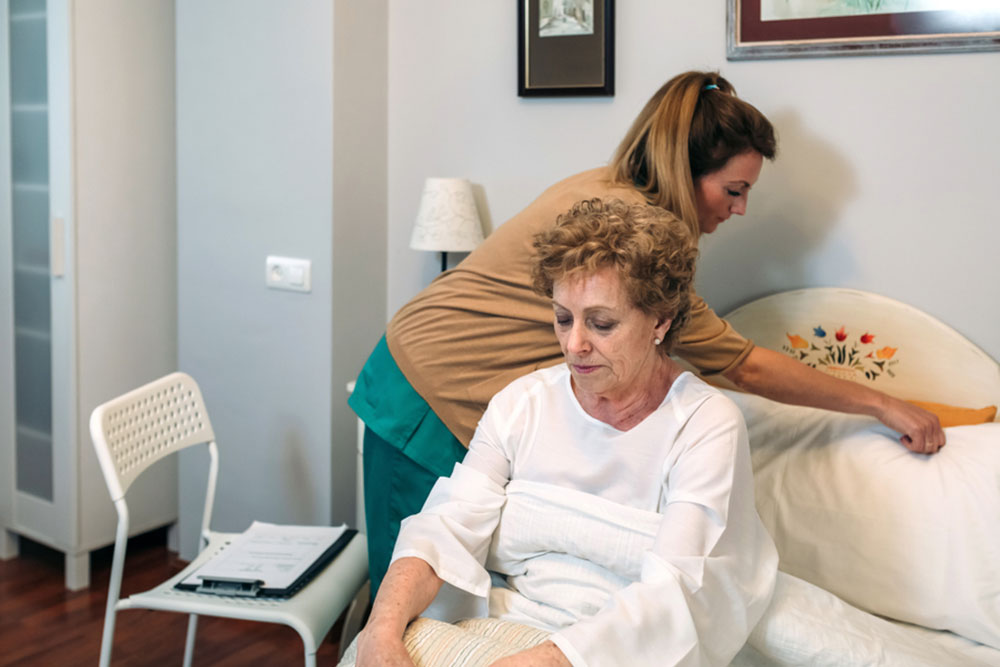Addressing Depression and Suicide Risks in Senior Citizens
This article discusses the rising issues of depression and suicide among the elderly, highlighting emotional dependency, challenges in detection, and strategies for early intervention. It emphasizes the importance of societal awareness, regular screening, and support systems to safeguard senior mental health and prevent tragic outcomes.
Sponsored

As life expectancy increases and standards of living improve, the elderly population is growing rapidly. Unfortunately, society often isn't prepared to support this demographic adequately. With more nuclear families, many seniors face loneliness and social isolation. Ironically, social media meant to connect us sometimes widens the gap. This disconnect has led to a rise in depression and suicide among older adults.
Older individuals become more emotionally dependent, making emotional support vital. Unmet emotional needs can lead to feelings of loneliness, mood swings, and eventually depression, especially when dependence on others becomes frustrating.
Consequences of Unmet Emotional Needs
Humans are inherently emotional. When their emotional needs go unmet, they experience distress. Loneliness and persistent thoughts of being alone impair cognition, leading to mood swings and depression. Dependence on others can amplify these feelings, increasing the risk of depression.
Challenges of Depression in the Elderly
Depression in older adults is under-researched, making it difficult to develop targeted policies. Moreover, depression symptoms are often subtle and elderly individuals may struggle to articulate their feelings, mistaking depression for normal aging.
Risks of Untreated Depression
Without intervention, depression can result in hopelessness and suicide among seniors. Many seniors are unaware of their condition or reluctant to seek help, which can lead to tragic outcomes.
Can It Be Managed?
Yes, several strategies can help address this issue:
Raise awareness among children about their elderly parents' mental health needs
Encourage seniors to recognize signs that indicate they need professional help
Promote societal understanding of mental health issues in the elderly and early intervention
Implement routine depression screening campaigns for seniors
Include mental health checks in regular elderly healthcare services
Develop helplines dedicated to elderly mental health support
Train healthcare workers to identify early signs of depression
Detecting Depression in Seniors
Engaging in conversations is key. Watch for signs such as hopelessness, loss of interest, social withdrawal, talking to oneself or hallucinations of deceased loved ones, prolonged silence, or noticeable sadness. These behaviors may suggest depression and a heightened risk of suicide.
What to Do if You Suspect Depression or Suicidal Thoughts
If depression is suspected, especially with signs of suicidal ideation, seek immediate help from mental health professionals. Counseling, medical treatment, and lifestyle changes like engaging seniors in meaningful activities can significantly reduce depression and suicide risk.






